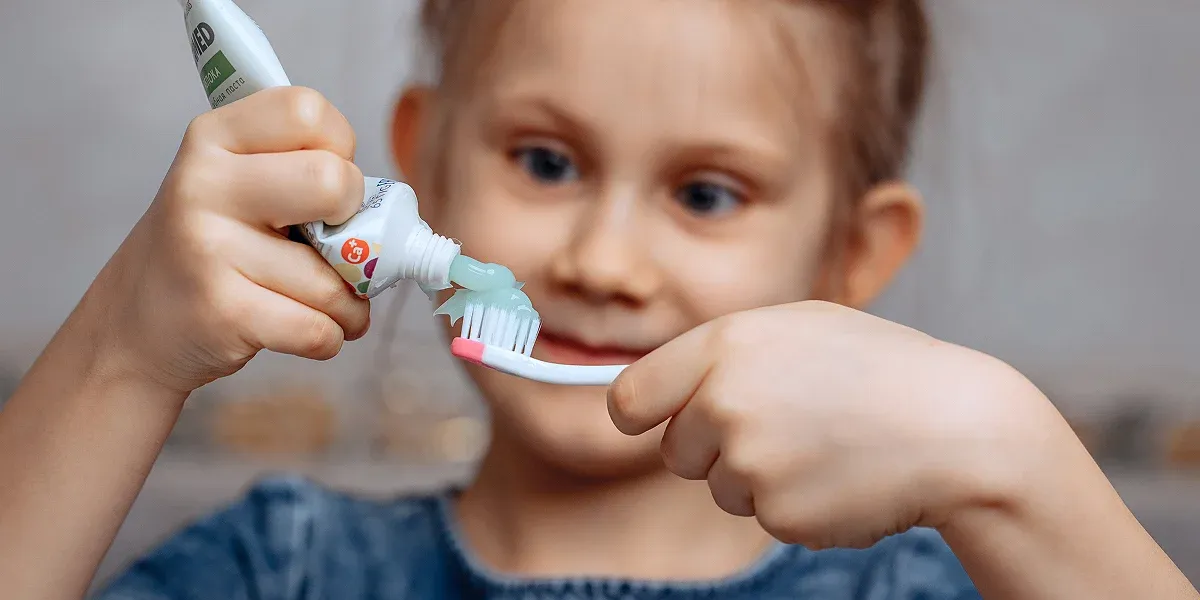
Understanding Bruxism in Children
Bruxism in children is characterized by teeth grinding, gnashing, jaw tightness, and jaw clenching. It can be a serious dental issue if the clenching and gnashing wear away at the tooth enamel and causes continuous pain in the teeth or face. Additionally, it can refer to mastication (chewing) while sleeping. A recent study indicates that bruxism in children lasts around four seconds and occurs up to six times per hour.
Believe it or not, bruxism is relatively frequent among children. Continue reading to discover more about bruxism and how you may help your child.
What Possibly Causes Bruxism?
Oral health professionals frequently attribute bruxism to excessive stress and specific personality types. Bruxism is frequently associated with those who are experiencing nerve tension, such as rage, pain, or irritation. Additionally, it affects aggressive, rushed, or those who are considered to be too competitive. Stress, for example, due to anxiety over a test or a change in habit. Even a dispute with parents or siblings might generate enough tension to produce teeth grinding or jaw clenching.
Effects of Bruxism

Bruxism is most frequently associated with headaches, earaches, face discomfort, and jaw difficulties. If you do not intervene promptly, your child's teeth may chip or break. It is critical to determine whether your kid has the condition, even if their baby teeth are still around.
The wear and tear on teeth' enamel caused by grinding can also result in unpleasant eating and increased sensitivity to heat and cold. Suppose grinding is caused by a child's medicine or another medical condition. In that case, their physician may need to adjust or add prescriptions. If bruxism is not treated it can have long-term consequences for children. If a child continues to clench and grind their teeth for a lengthy period of time, significant damage happens to the teeth. Not only will the enamel deteriorate, but the teeth may chip, flatten or fracture.
Diagnosis
Many children who grind their teeth are unaware they do so. Often, it is siblings or parents who first detect the problem.
Some warning indicators to look for include grinding noises as your kid sleeps, they complain of a hurting jaw or face upon awakening in the morning, and difficulty chewing. If you think your child grinds their teeth, make a dental appointment. They will look for chipped enamel, atypical wear, and sensitivity.
Treatment
Helps kids relax before night by taking a warm bath or shower, listening to relaxing music, or reading a book.
For stress-induced bruxism, find out what's bothering your child. Basic stress relievers don't always stop bruxism. If your child is having trouble sleeping or acting out, talk to your dentist or doctor about how you can assist. The good news is that most children outgrow tooth grinding. However, it doesn't harm to go to the dentist first to assess the issue and treat it properly.
Contact your Stockton dentist, Dr. Sajjad Rizvi, at Happy Kids Dental today to know more about bruxism and how it affects children.
Resource:
*Neither this nor any other content in this media is meant to prescribe, recommend, or prevent any treatment or procedure. We highly recommend that you get the advice of a qualified dentist or other medical practitioners regarding your specific dental condition.
Subscribe To Our Newsletter
Get Updates And Learn From The Best


